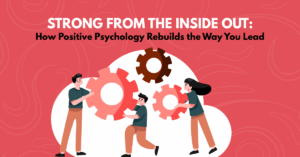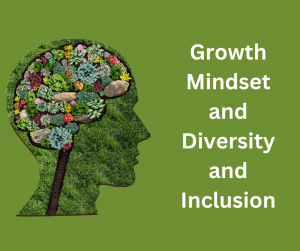Emotional Intelligence and Empathy
By: Dr. Kathleen Costello
What are qualities you associate with a strong leader? Drive, motivation, and intelligence may be a few that come to mind. There are many forms of intelligence and one that is shown to support leadership success is emotional intelligence (EI). The term emotional intelligence emerged in the 1960s and was popularized by psychologist Daniel Goleman in his book Emotional Intelligence – Why it can matter more than IQ (1995). His model of EI includes five components:
- self-awareness
- self-regulation
- social skill
- empathy
- motivation
Developing EI means a leader understands, regulates, and communicates their emotions and in-turn better understands the emotions of others. Supporting others emotionally is part of a collaborative and supportive work environment. Emotionally intelligent leaders leverage empathy to feel what others feel compared to feeling for others. This is the distinction between empathy and sympathy. Put simply, empathy allows us to feel with someone and walk in their shoes. Sympathy usually results in feeling sad or pity for someone from our own perspective compared to theirs. Empathy fosters greater connection because it is non-judgmental, supports understanding and places the frame of reference on the other person’s experience. Sympathy is a more surface level understanding of people’s emotions and often leads to offering unsolicited advice.
Leaders can focus on building empathy as a skill to support greater emotional intelligence. Empathy pays dividends in creating strong teams and resilient employees. Helen Reiss, MD, author of the The Empathy Effect, developed the EMPATHY acronym as a novel teaching tool to support non-verbal empathic behaviors:
E: eye contact – helping others feel seen
M: muscles of facial expression – reading facial expressions
P: posture – conveying curiosity and connection
A: affect – expressing emotions and articulating feelings
T: tone of voice – listening for emotions and expressing care
H: hearing the whole person with unconditional acceptance
Y: your response to peoples’ feelings and mirroring their feelings
Empathy is a skill we can continually develop and is supported by what we do and say in addition to how we show up for others non-verbally. Our emotional intelligence is ultimately strengthened by a commitment to greater self-awareness and understanding of others.








